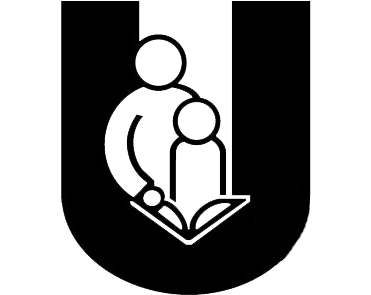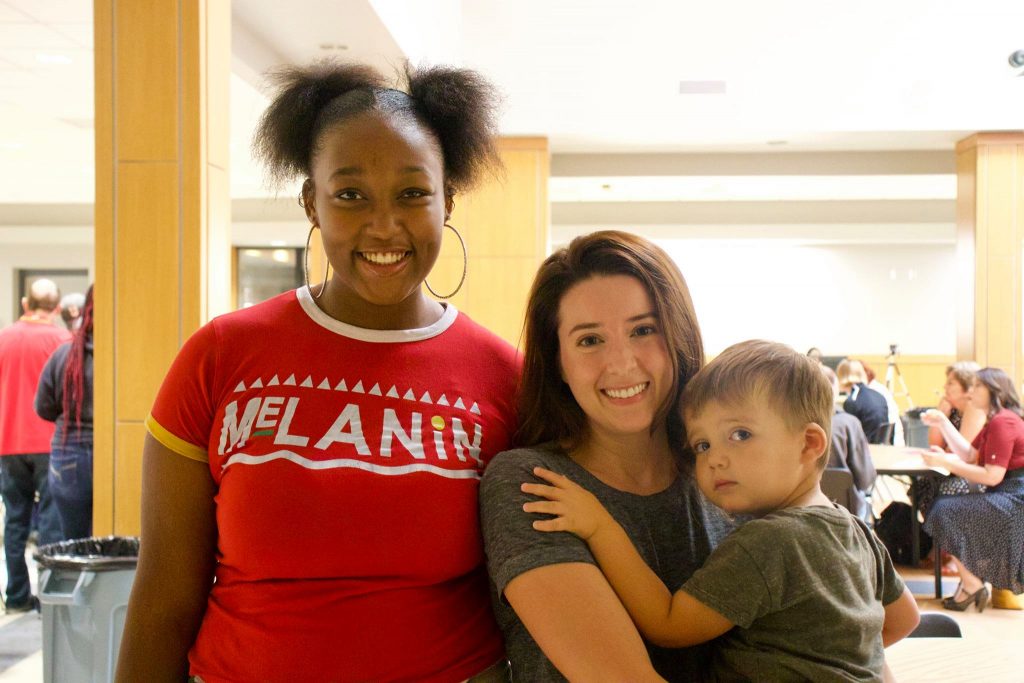As National Mentoring Month continues, Urbana community members have all hands on deck. CU One to One, a school based mentoring program in Champaign-Urbana founded in 1994, is at the forefront of connecting adults in the community with children attending C-U public schools to foster supportive relationships that provide support, encouragement and guidance through the students’ school years. As students in the community build relationships with their mentees, they are able to set personal goals, discuss important current events, and spend time with one another one hour a week during the school year. Though one hour a week may seem like a brief moment, it has proven to have a great impact on the children involved.
This month, the organization is hard at work to not only celebrate the mentors and mentees involved in the program, but to recruit more community members to become mentors. On Jan. 30 and Feb. 12, CU One to One will be hosting training for community members who are looking to become community based mentees. These events come after a community recruiting event hosted at the Urbana City Building, where City of Urbana Mayor Diane W. Marlin will be in attendance along with CU One to One coordinators and mentors to mingle with community members interested in joining the group of life-changing community mentees. With collaboration between The City of Urbana and community based mentees during National Mentoring Month, CU One to One is hoping that the program will continue to grow as it has since its origins in 1994.
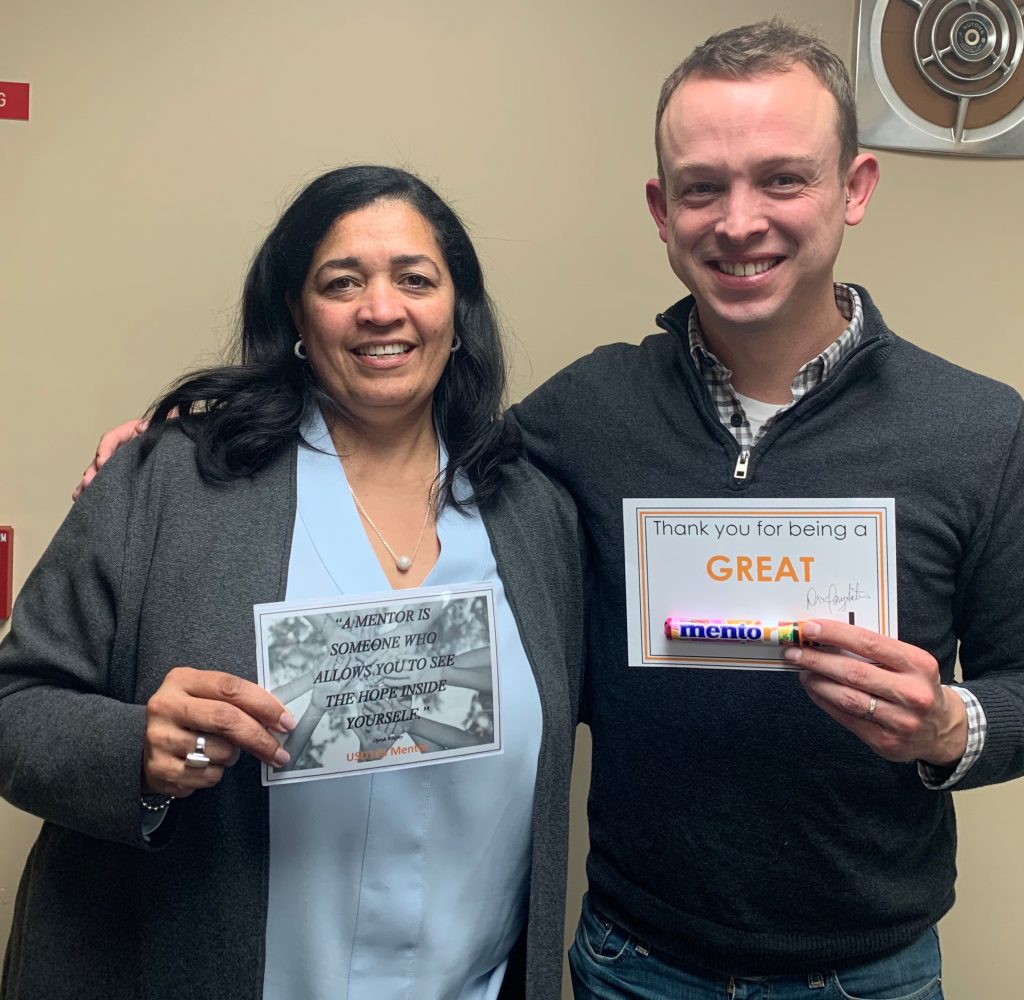
Dr. Jennifer Ivory-Taum travels around to USD116 schools to thank mentors. 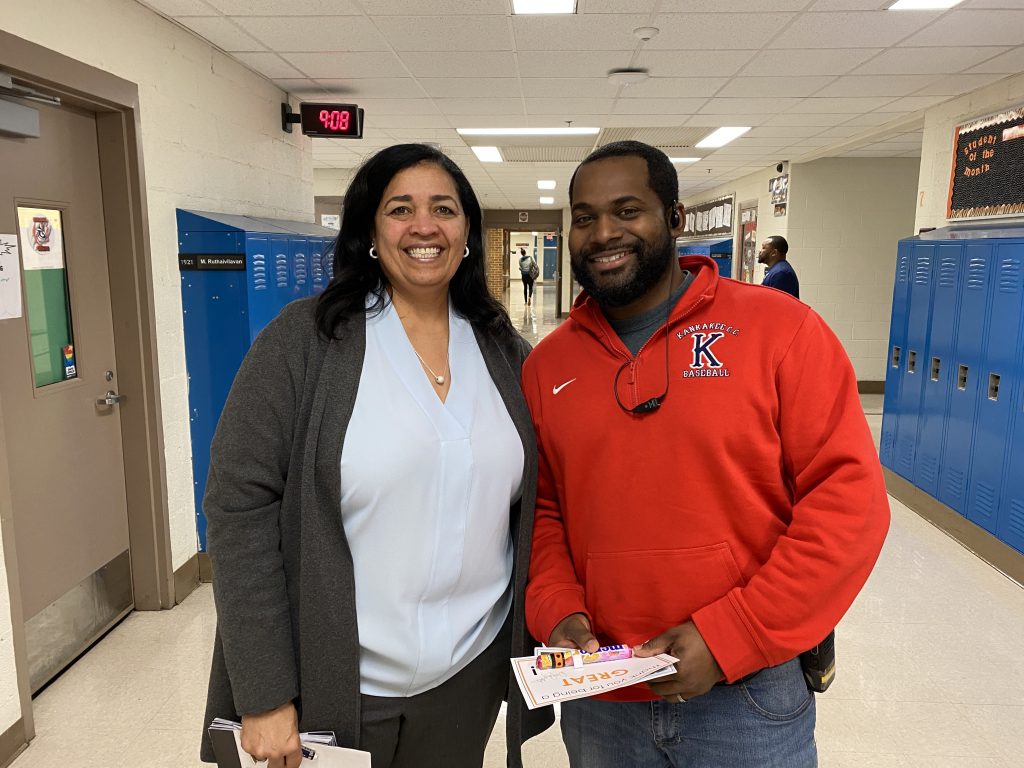
Dr. Jennifer Ivory-Taum travels around to USD116 schools to thank mentors. 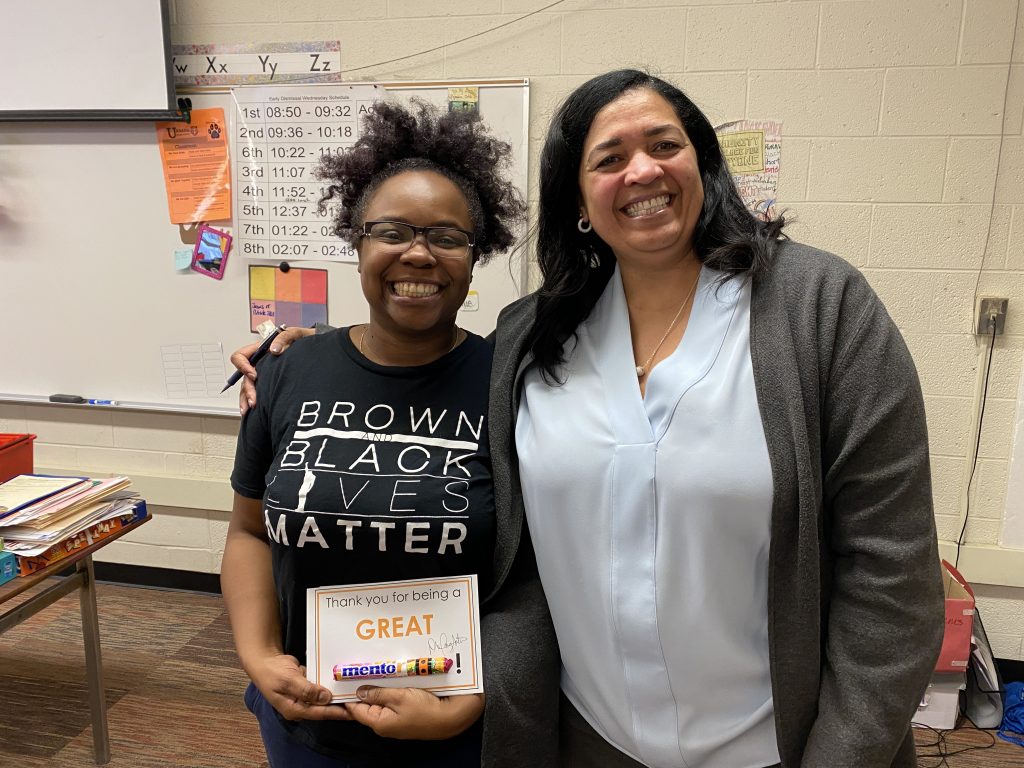
Dr. Jennifer Ivory-Taum travels around to USD116 schools to thank mentors. 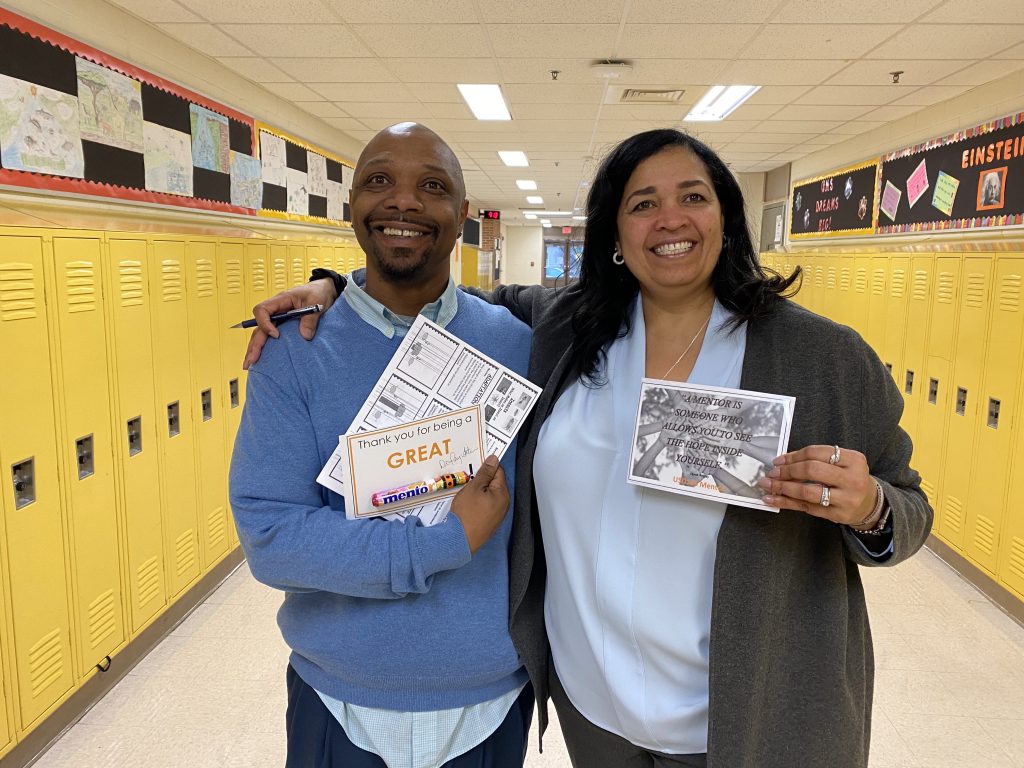
Dr. Jennifer Ivory-Taum travels around to USD116 schools to thank mentors. 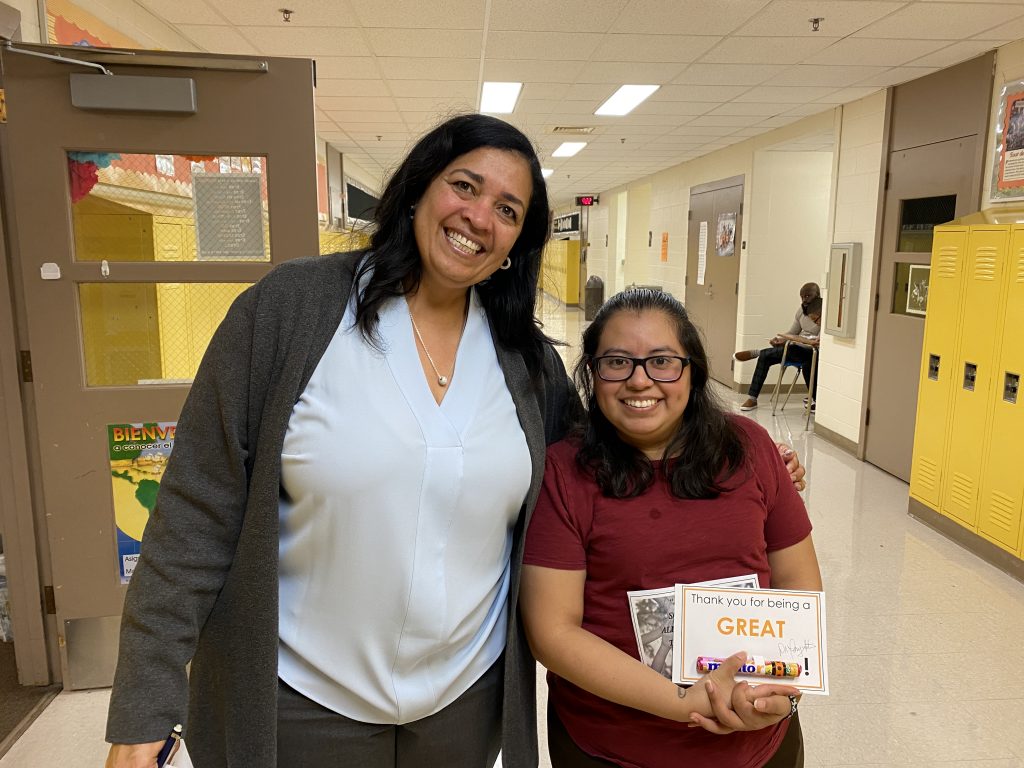
Dr. Jennifer Ivory-Taum travels around to USD116 schools to thank mentors.
With a volunteer group of over 700 mentees, Thomas Howley, Urbana CU One to One Coordinator and USD116 Director of Mentoring and Community Involvement, is looking forward to adding to the number of mentees during this celebratory month. Howley was eager to share his experiences as a CU One to One coordinator and how others can also get involved.
USD116: How long have you been involved with the mentoring program at USD116 and why did you become a part of it?
Howley: I moved to C-U in 2016 and started in my current role at that time. My background is in education. I have been a high school teacher, counselor and equity director. To me, this position represents the most important component of education: relationship. I was delighted to accept a position that focuses on building relationship.
How have you seen mentoring at USD116 evolve?
The success of C-U 1 to 1 is measured not by breadth alone…but depth as well. While we have continued recruiting new mentors for our students, we have also focused on providing more learning opportunities for our mentors. Recent supplemental training sessions have included: emotional attunement, LGBTQ issues in mentoring, boundaries, social justice issues, etc.
What about the students? How have you seen mentoring at USD116 change their lives?
I have witnessed numerous transformations that have occurred as a result of mentoring. However, one thing I see almost every day is the light in a student’s eyes when they see their mentor coming into the school. The experience of being seen, heard and validated is powerful. Mentoring offers our students the experience of kinship.
How often are community members, specifically those who don’t necessarily work in the district, involved in mentorship with USD116 students?
Mentors commit to meeting with their mentee once a week for the entire school year. Our hope is that the mentor will stay with their mentee through graduation. We typically make new matches in grades 3-7. Most of our current mentors are not employed within the school district.
What are some misconceptions about being a USD116 mentor, or a mentor at all?
One of the things I hear from many mentors is that they sign up to benefit or serve a student. What many mentors come to find out is that they benefit from the relationship themselves in many ways. Many of our mentor-mentee relationships become very close and some carry on for years after a student graduates from high school.
How would you say being a mentor benefits the community as a whole?
C-U 1 to 1 is well established in our community. When I first moved to the area, I remember going to the grocery store and hearing someone mention C-U 1 to 1. The fact that our community embraces this program is vital for its success. The vitality of C-U 1 to 1 represents a social consciousness of “it takes a village”. Being a mentor represents action toward creating a strong community, a community that understands we are all interconnected.
What kind of feedback do you usually hear from mentors who volunteer their time?
Most of our feedback is very positive. At the end of each year, we give surveys to our mentees, teachers and staff, and our mentors. Most mentors come to understand the gift of consistent presence. There is often new learning involved in being a mentor. It is a unique way to be with another person: walking along-side them instead of directing or trying to “fix them”.
What about the mentees? What do they say about the impact their mentors make on their lives?
Mentees really enjoy having fun with their mentors. It is the thing they say most often: “I like mentoring because we have fun.” The trust and validation that often emerges in mentoring relationships positively shapes the life of a mentee. The impact is seen for mentees in their interpersonal relationships (including school and home), academic performance and often a desire to establish goals for the future.
Why do you think it’s so important to have mentors in USD116 specifically?
USD116 has such a rich, diverse student body. Mentoring is beneficial to students who come from a wide variety of backgrounds. Some students are hurting, others are on the brink of success…but all benefit from kinship.
How do you hope to see mentorship in The District grow in the future?
My hope is that we will continue to attract new mentors to our district who are willing to make a long-term commitment. Patience and perseverance are critical in the mentoring relationship. As students experience multiple changes throughout their life, the value and power of having a caring mentor demonstrating a steady presence is enormous.
To apply to become a mentor for CU One to One, please visit the USD116 volunteer page. To view local National Mentoring Month events, please view the USD116 Events page.

